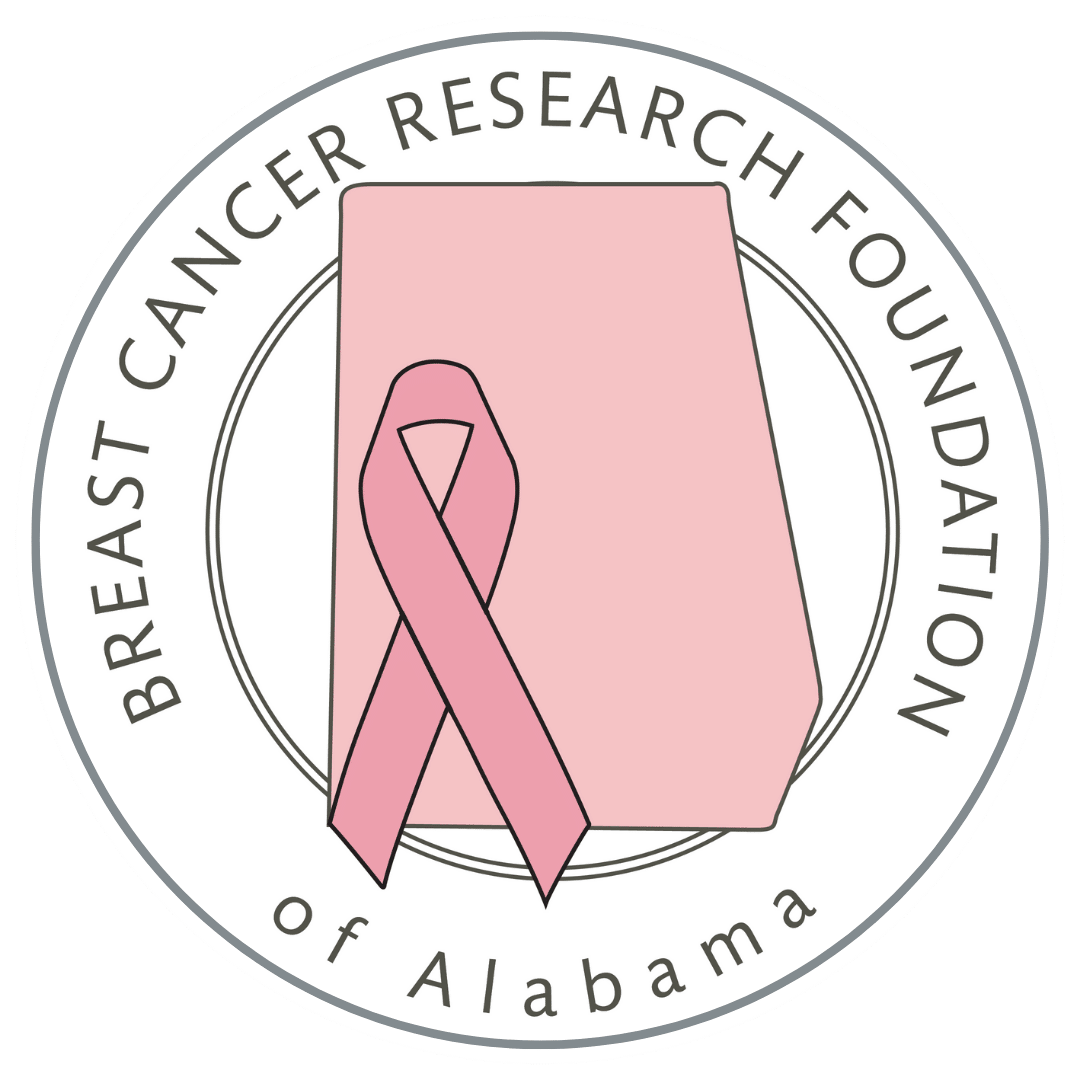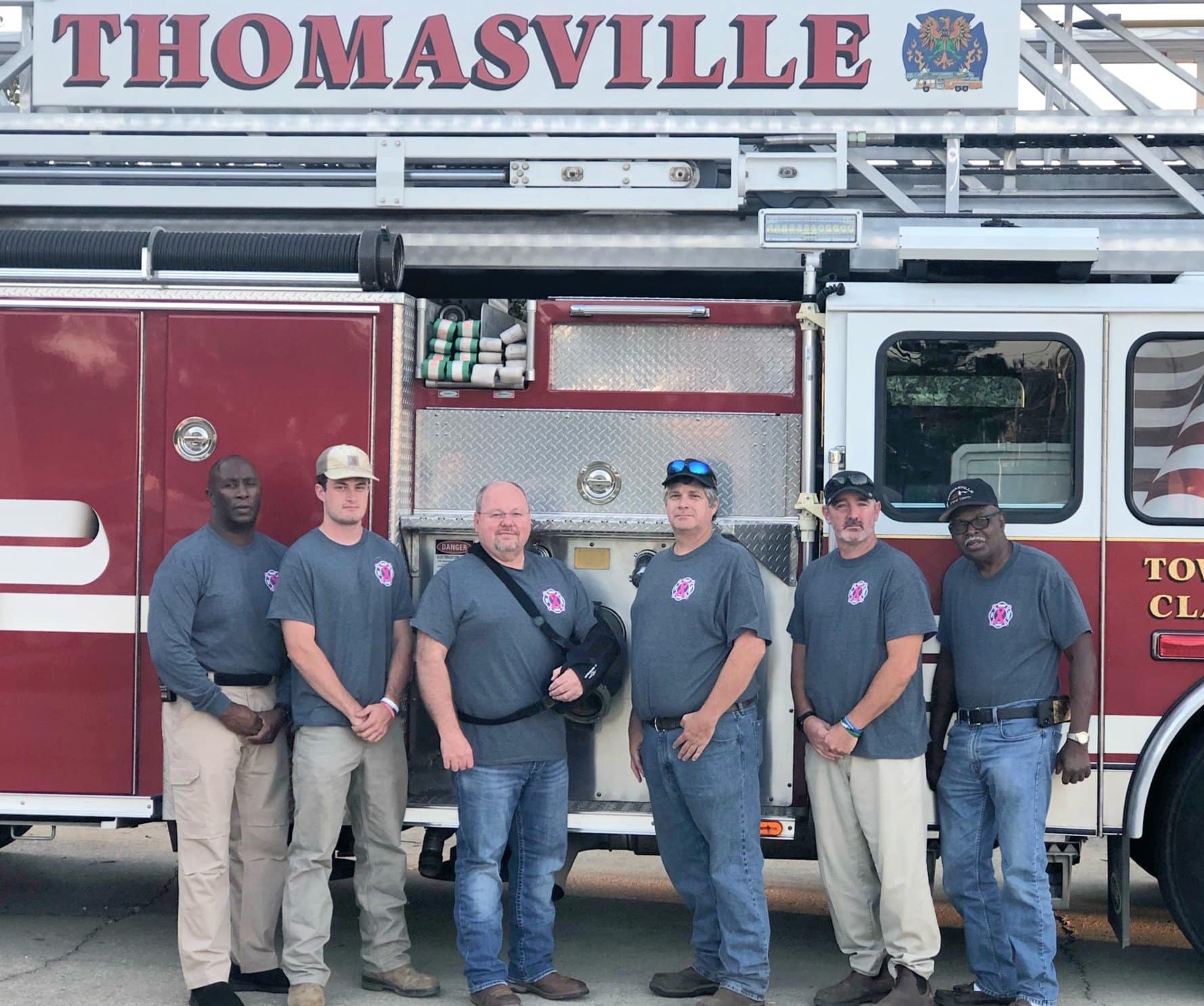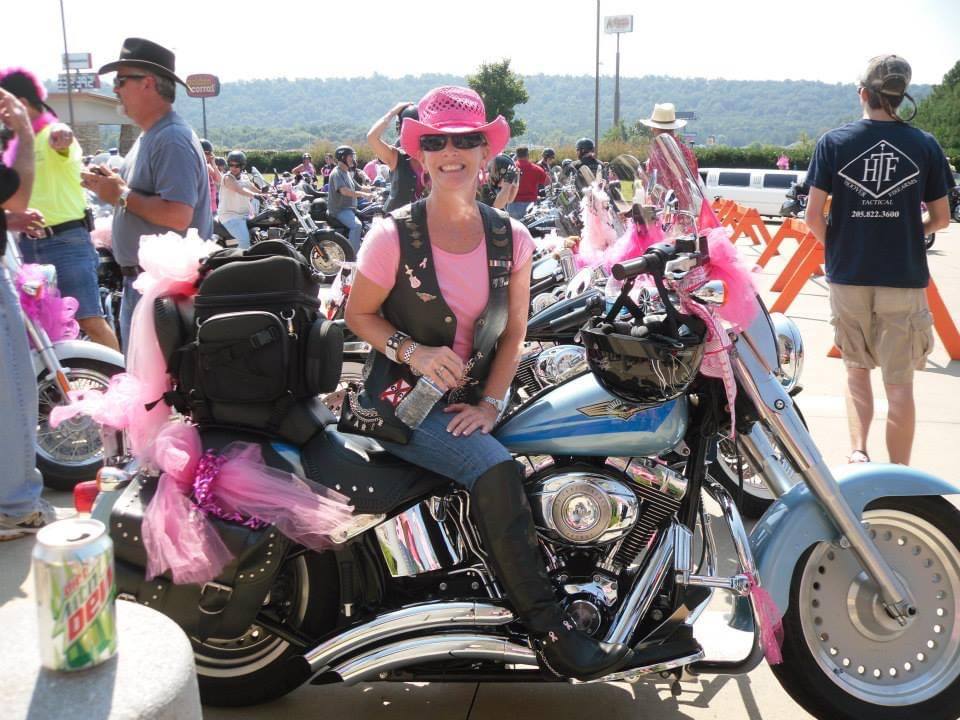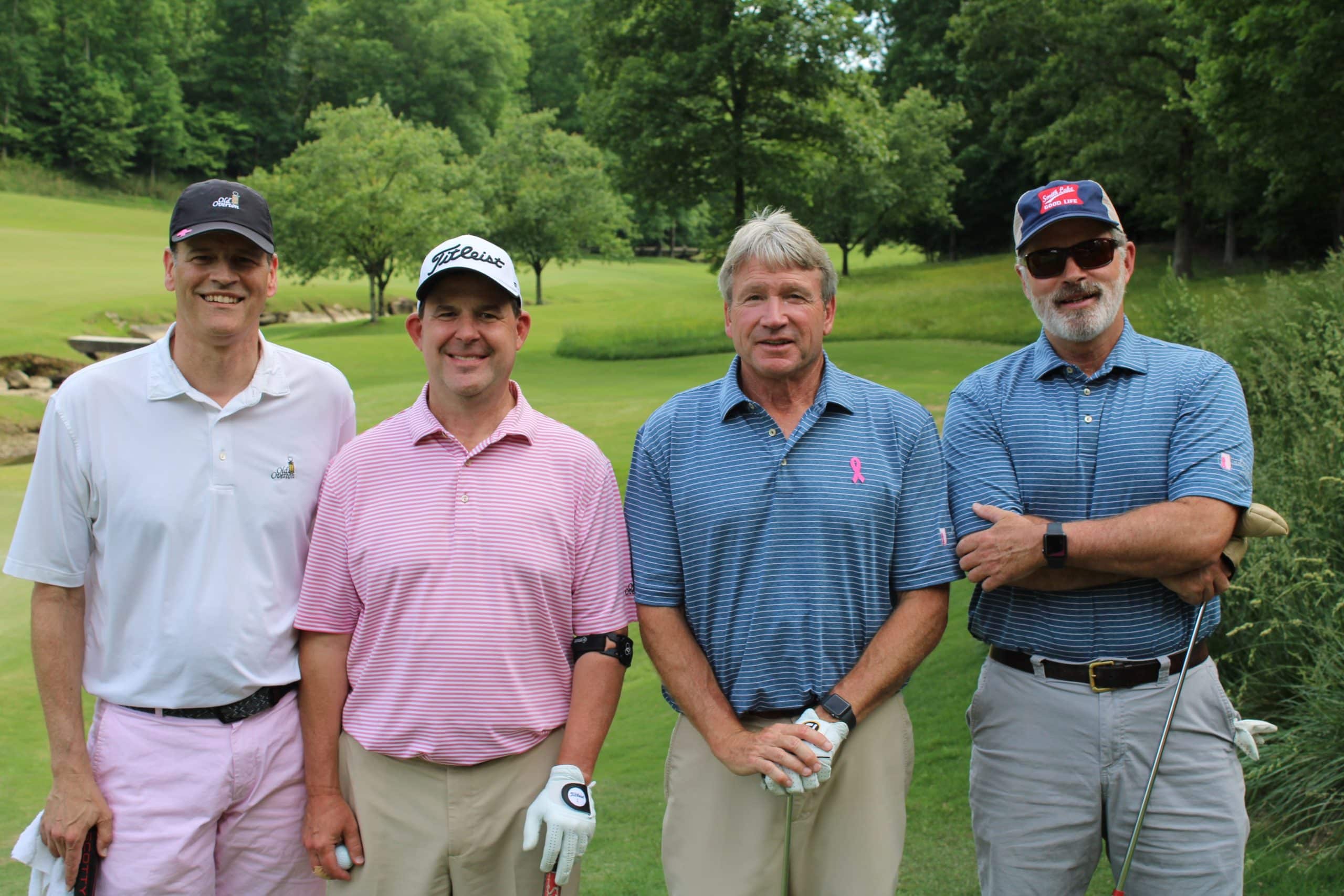25 For Research: Melinda Mathews
January 26, 2021
There are many words to describe Melinda Mathews: lawyer, artist, potter, friend. But 45 years ago, she added one more word to her list: survivor.
When Mathews was diagnosed with breast cancer in 1975, there were no labels – no “triple negatives,” no “estrogen receptor tests.” Just vague descriptors like “cancer,” “spread into lymph nodes,” and “prognosis poor.”
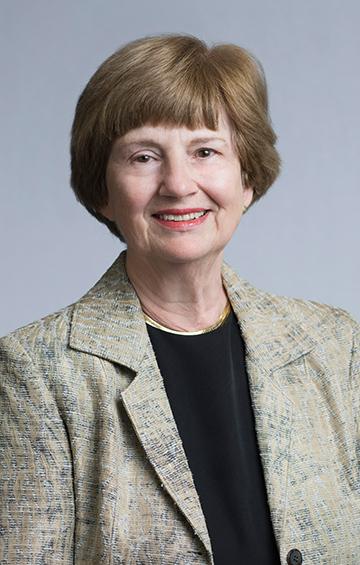 Thanks to progress in breast cancer research over the past few decades, that’s not the case anymore. But back then, Mathews had to work closely with her doctor, John Atkin, on the right approach in a hazy research landscape.
Thanks to progress in breast cancer research over the past few decades, that’s not the case anymore. But back then, Mathews had to work closely with her doctor, John Atkin, on the right approach in a hazy research landscape.
“No one knew the dosages or how long to continue treatment,” Mathews says of her medical plan at the time. Before long, her team stumbled on a risky answer: an experimental cocktail of new drugs, many of which are now used today.
“They said: ‘We will do this for a year, and we will almost kill you, but not quite.’ Miraculously, I lived through the treatment and am doing just fine 38 years later.”
Mathews attributes her survival to this early discovery in breast cancer research, citing that without those rudimentary developments, she likely wouldn’t be alive today.
Since then, she has wholeheartedly supported the Breast Cancer Research Foundation of Alabama, which provides critical seed money to help advance preliminary, promising research – like the kind that saved her life. After finding success, these budding research projects can eventually retain larger, national grants for more extensive trials, before – ideally – becoming available to patients.
“The BCRFA is a true ‘supporting’ foundation,” Mathews says. “The money all of us donate through the BCRFA stays in Alabama, and is helping to make the O’Neal Comprehensive Cancer Center a national success story in breast cancer research.”
Over the years, she has served on the Board of Directors for the BCRFA, as well as been a vocal advocate for the organization.
“When I realized what a huge difference the BCRFA was making, I had to be involved,” Mathews states matter-of-factly. “Hopefully, in our lifetimes, with determined effort, breast cancer will be not only treatable, but curable and preventable. Each small discovery brings us closer!”
Have a story to share about breast cancer research? Visit our 25 for Research portal to share your story or nominate someone today.
